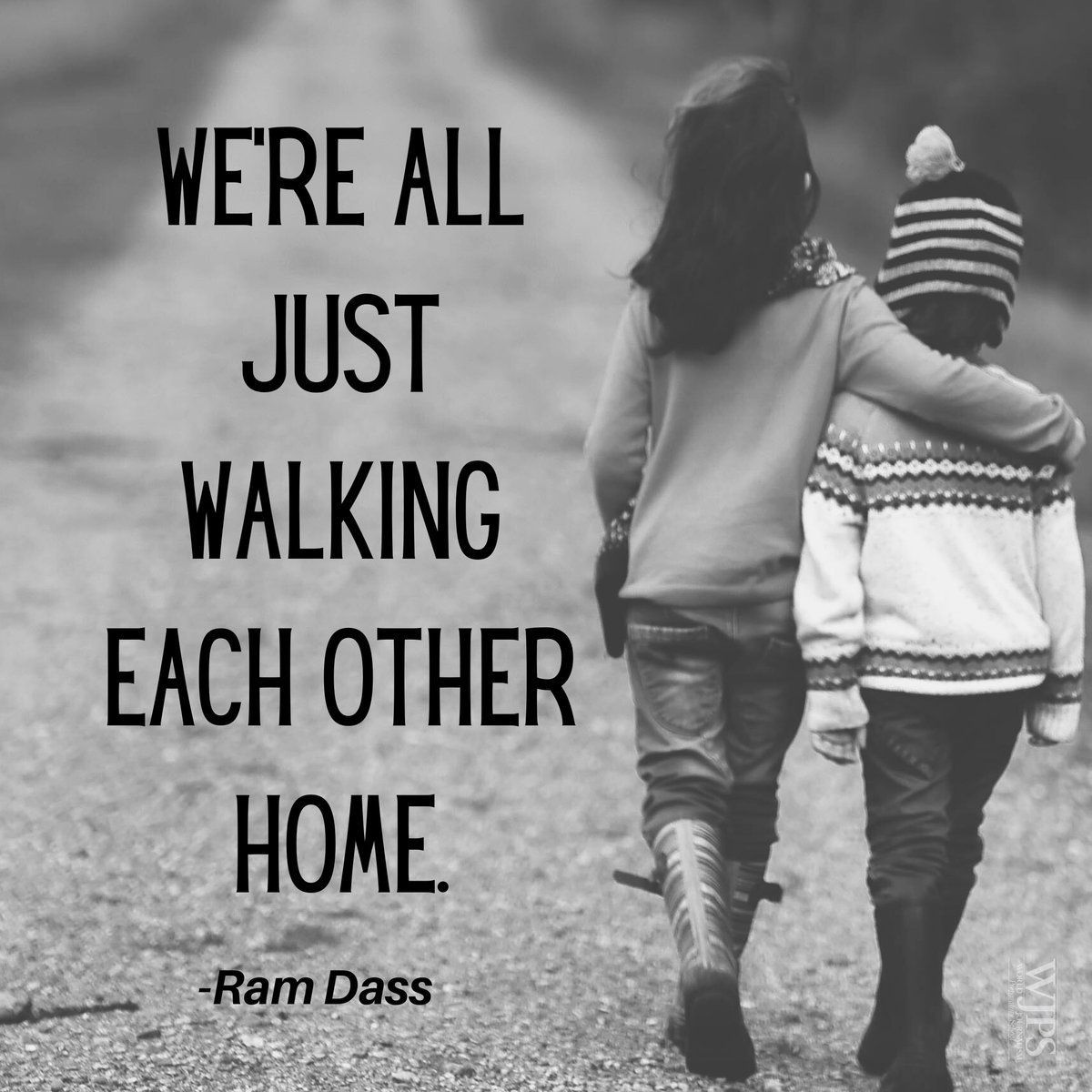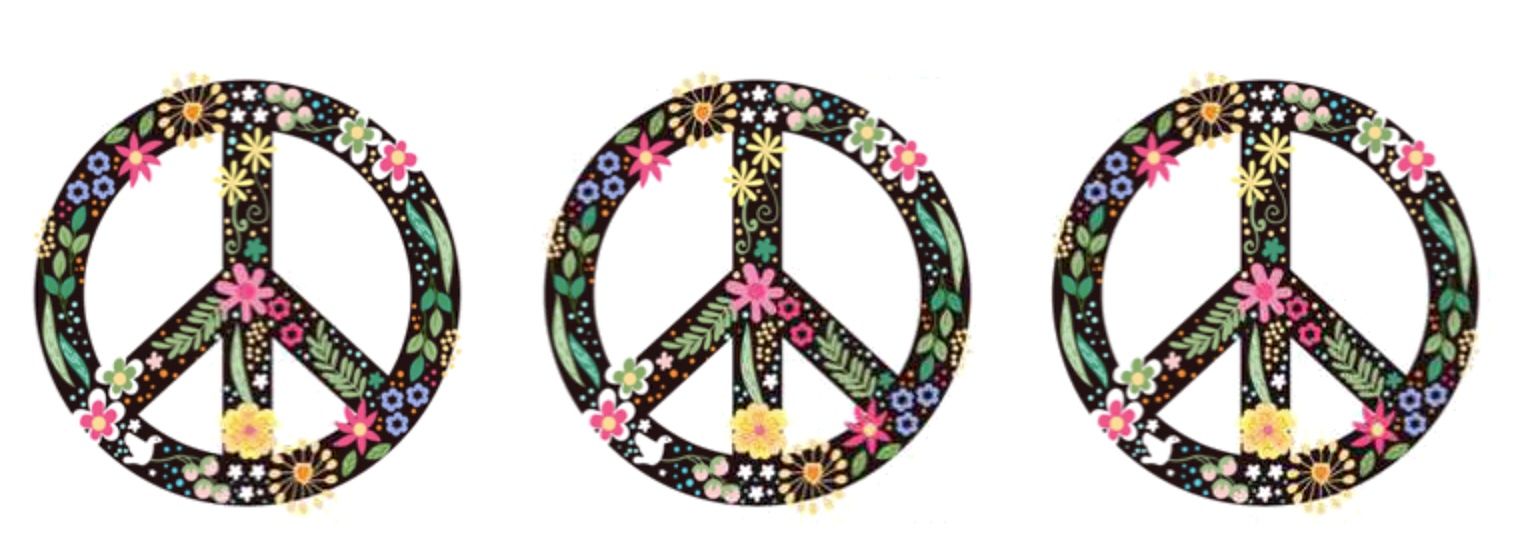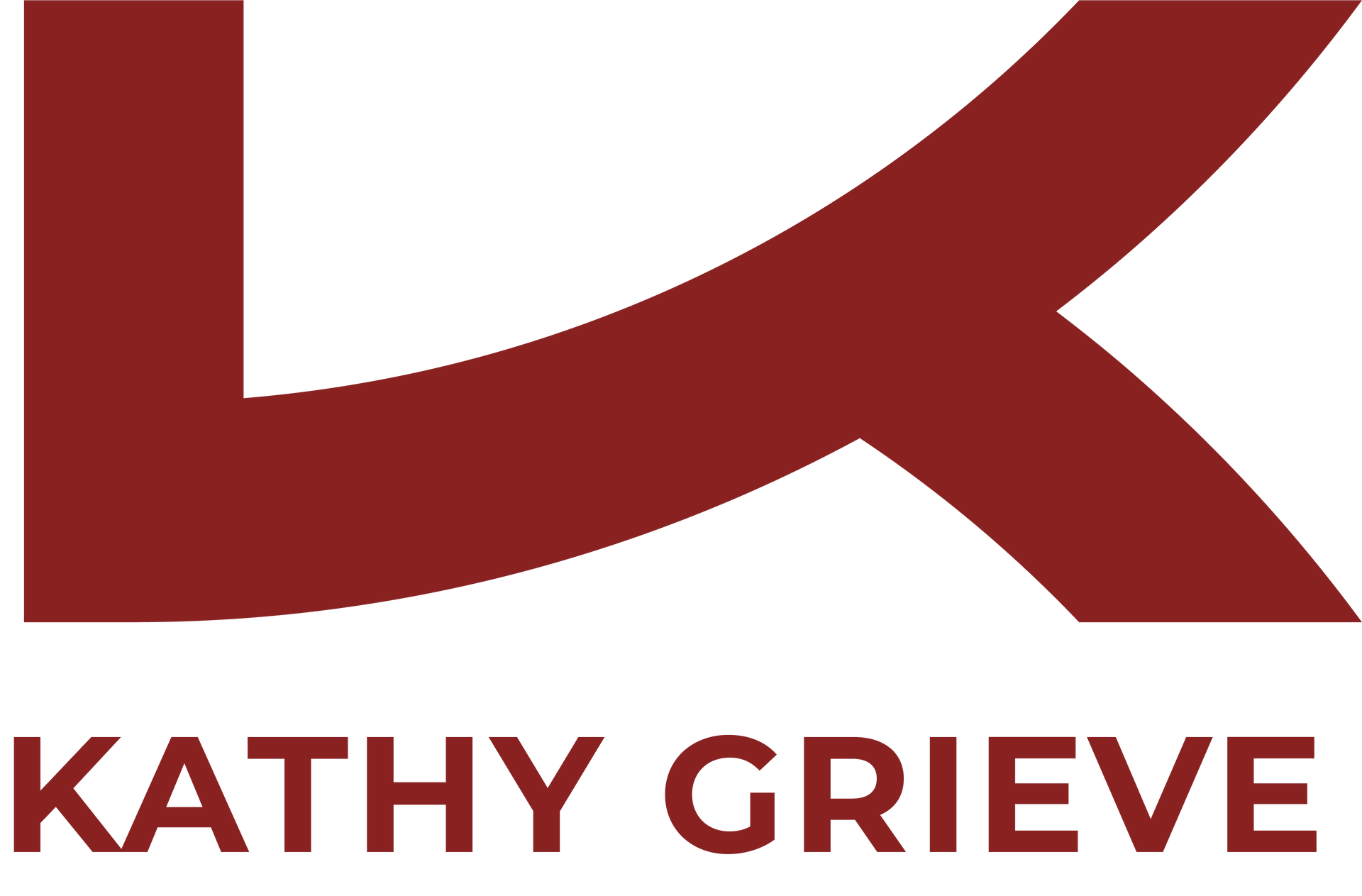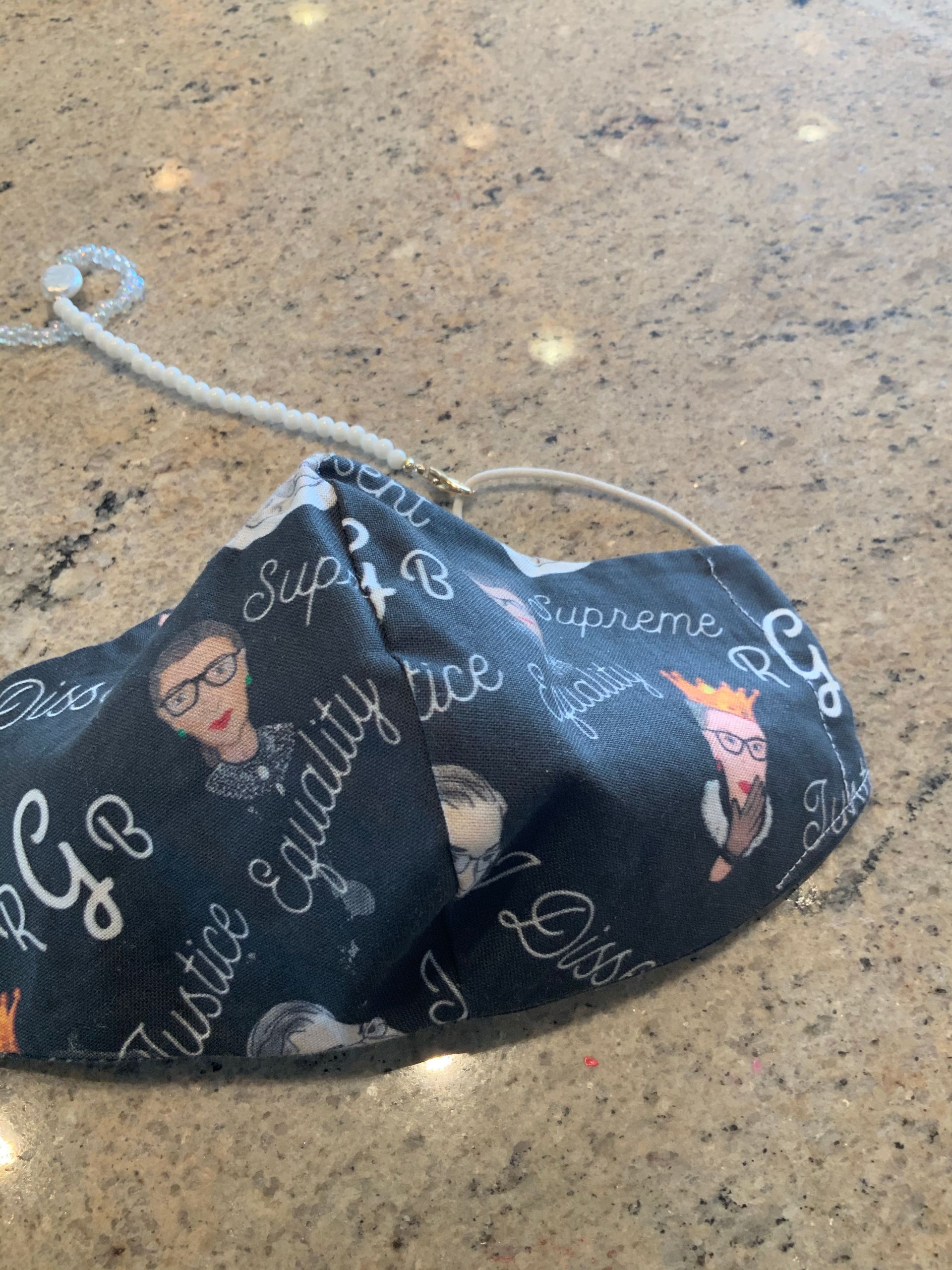
I was twelve when I first remember “taking on the system”. It was a wintery evening like most other January nights in Winnipeg. Temperatures were well below what any human being should be expected to withstand. A sea of snow covered our yard and my two younger brothers were arguing over whose turn it was to shovel our driveway, punctuating their points with a few not so well placed jabs to each other’s shoulders. Rough housing is what Dad called it, saying it with a certain amount of pride. I was smug in the confidence that the shovelling debate excluded me because at the time in my family, my gender kept me out of contention for such a chore. I believe I had just finished doing the dishes (mismatched melmac plates that came “for free” inside boxes of laundry detergent). I was layering myself into bulky ski pants, thick sweaters, a pair of mismatched mittens and a white “fun fur” hat I bought on sale downtown at The Bay. I was on my way to our local branch of the library, a six block walk.
I was heading to pick up something to read to fill the restless moments when my father took to hogging the television as he watched some of his favourite programs like the Canadian variety show: The Juliette Show. We had only one TV which was pretty much par for the course at the time and it stood at the head of the living like some revered idol. So all in all, it was a seemingly routine night in a reasonably conventional family. Not the kind of night you could have predicted would initiate me into the world of social action.
Reading was a fundamental part of my childhood and teenaged life. I cut my teeth on “Ann of Green Gables” and “Gone With the Wind”. The library was the main source for my reading material. I enjoyed my trips there because the building was usually filled with kids my age, ostensibly there to look up stuff in the Junior Britannica in order to complete homework assignments. This January night was no different and I remember being in a happy mood despite the nasty weather.
I spent about a half hour perusing the young reader section of the library, a category reserved for readers 10-13 years. Not finding anything to my liking, I ventured into the teenage section and several books there piqued my attention. I settled on one called “Hawaii” by James Michner. The jacket summary promised me an opportunity to experience the life of Malama a woman who survived hardship, heartbreak and other tribulations on a beautiful Pacific island. I plucked the book from the shelf and headed toward the circulation desk.
It was there I encountered Mrs. Blackmore, the assistant librarian, a woman short in stature and long on procedures and regulations. She accepted the book from me with something approximating disinterest and moved to withdraw the card that was tucked inside the paper pocket glued to the inside page. Here is where the trouble began but not where it ended!
Unbeknownst to me, the book was classified OTR (Older Teenage Reader). One look at my outfit alone clued Mrs. Blackmore into the fact that I was a far cry from the 17-18 year old that I would have to be to “legally” withdraw the book. When she asked me my age (probably the required procedure outlined in the librarian assistant’s handbook) it crossed my mind that it could be a question crucial to my obtaining the novel. I wanted to at least qualify for the early teenage section so I raised my head and shoulders in a puffed-up kind of way and said in a not so loud voice “13 last November!” Whether she believed me or not was irrelevant because what I needed to be was at least 17. She denied me the book.
Dejected, I headed home in the dark. As I walked up the newly cleared driveway I noticed a 1959 Ford Fairlane that was not so expertly parked behind my dad’s 1958 two-tone blue model. This meant that either my Uncle John or his wife, Aunt Bea, or both were visiting. They were the parents of my eight first cousins who lived about a mile away.
I came through the side entrance, the one we called the back door to find my mother and aunt ensconced at our brown arborite kitchen table. It didn’t take me a minute to blurt out my angry reaction to the unjust library incident. I doubt that I expected much of a helpful response from the two women, after all, what interest would they have in a 12 year old’s grievance?But to my amazement they seemed more than concerned. They shared my exasperation and sense of unfairness.
I joined them at the table and helped myself to the homemade biscuits that sat in a small wicker basket. My mom wanted to phone the librarian on my behalf and explain that I was a mostly sensible grade 8 student. After all, she and my dad were scrimping and saving to send me to an all girls’ Catholic school so I would be the product of a superior education. To my mom’s way of thinking that gave me a definite edge. She would tell the library powers that be that I had her permission to read the book and that should be the end of it. The idea appealed to me. I saw it as expedient and it required no effort on my part.
Auntie Bea had another idea. Why didn’t I write to city council about the discrimination? She pointed out that the library’s policy not only discriminated against young readers but was also a form of censorship which she personally found reprehensible. I thought “reprehensible” was a nifty word and stored it away for future use. Aunt Bea felt the library policy would never change if the people in charge were not made aware of the problem. My mother suggested that I might first alert the “head guy” of the library but Aunt Bea was convinced that I should bypass the bureaucracy (another great word) and work with the politicians. She explained there was a greater likelihood my concern would be addressed if I sought the help of elected officials because they mostly liked to help their constituents. Besides, my Uncle John was an alderman and would ensure that my letter received some attention.
To say that I got caught up in the fever of the moment is to say that William F. Buckley was somewhat conservative. I composed what to me, and as it turns out to the head librarian, was a scathing letter denouncing the library policy and it’s discrimination against younger readers. My uncle reported that the letter was read aloud at the council meeting and it was tabled. Unsure of just what tabled meant I nonetheless considered my protest a success. For the next three days I basked in the glory of triumph.
On the fourth day I was still high on the sweet taste of victory. I made my way back to the library fully convinced that I could withdraw the exciting novel. I gingerly entered the teenage section and found the publication. Feeling powerful and self assured I marched to the circulation desk and presented the book and my library card. I recognized the head librarian, Mrs Cantor, and offered her an amiable smile. What I got in return was a scowl and a very stiff, very loud and very public reprimand,
I guess Mrs. Cantor missed the positive spirit in which my complaint was offered. Instead of seeing my letter as constructive criticism of the system, she took my critique extremely personally. She was more than prepared to defend not only her position but also make it unlikely I would ever want to step foot into “her” library any time soon. Obviously my letter had more repercussions than I could have anticipated. The head librarian’s thunderous reproach left me shaking in my mukluks and reassessing the virtues of single handed political protest.
All these years later I believe my adolescent foray into challenging injustice set the stage for my future concern for inequity. It is not lost on me that of the options my mother and aunt offered me, I chose what some would call the rebellious route. Recognition that power differentials exist and that they support injustice has remained with me to this day. Those who know me best will acknowledge a feisty side to me and a penchant for arguing for the disenfranchised. And I am comfortable with that.
A few days ago I was walking with a friend on an unusually cold desert morning. We rarely run out of good conversation and that day was no different. We talked about having strong positions on issues and differing world views. At some point my walking partner shared a saying that her husband often uses. It has resonance for me and puts some levity to my inclination to having unbending points of view.
“I am often wrong but never in doubt!”
Sassy Blog
